These beauteous forms,
Through a long absence, have not been to me
As is a landscape to a blind man's eye:
But oft, in lonely rooms, and 'mid the din
Of towns and cities, I have owed to them,
In hours of weariness, sensations sweet,
Felt in the blood, and felt along the heart
Lines Composed a Few Miles above Tintern Abbey, On Revisiting the Banks of the Wye during a Tour -William Wordsworth
My wife and I got married in the Hamptons of Cleveland, a small gated community an hour south of Buffalo called the Chautauqua Institution. A year later, steps from where we had danced to a Beatles cover band, someone stabbed Salman Rushdie.
I worry Chautauqua will be known for that attack someday. When I tell a friend where we were married, will I see their face change in subtle recognition? Will it become like saying you went to Columbine High School but graduated years before the shooting?
Probably not. The Chautauqua lore is so rich that it’s unlikely to be known for any single event. It’s been praised by the New York Times for being a spiritually and intellectually satisfying retreat, and bashed in the New York Times for its Boys’ and Girls’ Club, the oldest children’s day camp in the country, one that still separates the sexes.
“Nearly a month after my return, I am still trying to hang on to the residue of what happened within me there, surprised (although, why should I be?) by how a week of sleeping and reading and praying-as-I-know-it, with some kayaking, theater, conversation with strangers, and American Legion band music thrown in, could so restore my soul, stimulate my thinking, and fill me with a gratitude for being here, in this complex country, at this minute.” -Lisa Schwarzbaum, The New York Times
“Chautauquas,” according to the first few pages of Zen and The Art of Motorcycle Maintenance once littered the United States. Intellectuals toured the country giving lectures during the Lyceum Movement, an experiment in adult education for the masses. Chautauqua, New York was the flagship community and is also one of the few Chautauquas that has survived.
An entire page of my sophomore American History textbook was devoted to Chautauqua. Writers, politicians, comedians, and essayists all traveled on the lyceum circuit to get their message out to the world. William Jennings Bryan was likely the most exciting speaker, a man who I first heard about in the play Our Town where the Stage Manager excitedly tells the audience that “Bryan once made a speech from these very steps here.” Thanks to my family’s yearly vacations in Chautauqua, I too had seen some steps where Bryan had once made a speech. Exciting stuff. I was walking through a page of my history textbook every summer.
Though I knew the place was somewhat famous, Chautauqua’s history often seemed embellished. Once, a nice white-haired lady walking past me on the road, unprompted, pointed at a patch of grass beyond the institution’s fence and said “You know, Amelia Earhart landed her plane on that golf course once.” Sure she did, lady. Then a few days later, I’d found myself in the Chautauqua library staring at a giant black-and-white photo of Amelia Earhart standing on the Chautauqua golf course. It’s near a few photos of FDR in front of the Chautauqua Opera House.
It’s difficult to describe Chautauqua to the uninitiated. I happily let my wife describe it for others whenever the subject comes up: “It’s the set of Dirty Dancing.” Aside from the fact that it’s not in the Catskills and the spirit of the place is a little more centered on intellectual/spiritual edification, it is exactly like the set of Dirty Dancing, complete with a treelined lake, an enormous hotel, and a house full of actors and dancers at one end of the grounds who let loose, partying every night to the wee hours (10 PM) when everything in the Institution closes and strict quiet hours are enforced. Women can even take Ballroom Dance classes with young men, though I get the sense that both parties are a little more puritanical than Swayze and his students. Unfortunately, also like the movie, thanks to a few speakers from the Heritage Foundation, there are also several Chautauquans who like Ayn Rand.
For the kids who grew up going to Chautauqua every summer, it was a giant playground. We went during Week Five of the season consistently and became fast friends with anyone our age. Boys’ and Girls’ Club hours went from 9 AM to noon, and from 2 PM to 4 PM so parents could attend talks or a pottery class while the kids were playing dodgeball and rehearsing for Air Band (a lip-syncing competition for all club attendees). Because the Institution is safe compared to nearly every place people visit from, the kids roam free. They have carte blanche to do whatever they please during daylight hours. We biked, ate mountains of ice cream, or played ping pong for hours when we weren’t at club playing GaGa Ball, a game where you hunched over and used your hands to hit your opponents’ ankles with a volleyball.
At night, we saw concerts from artists that were a bit past their prime but still put on terrific shows. The best one I saw was Hootie & The Blowfish. I was surprised to find I knew every song they played including covers of Tom Waits’ “Closing Time” and R.E.M.’s “Losing My Religion.” The crowd turned electric for Hootie & The Blowfish, me included. I’m surprised more people didn’t throw their bras on stage that night.
All this to say, for one week a year, I experienced Heaven on Earth.
Before a would-be assassin could ruin one famous writer’s love of the place and traumatize countless people in the process, I did everything I could to ruin Chautauqua for myself in my teens. For starters, I started drinking there Sophomore year of high school, even though Chautauqua remained a dry community from 1874-2009. I skipped multiple enriching events to go see The Notebook and Step Up 2: The Streets somewhere off the grounds. I took a job as a teacher’s assistant for first graders so I could stay the entire summer and party with my lifelong, one-week-a-year friends. I woke up hungover on 4 hours of sleep every day to pass out snacks, read children’s books, and, as one of the few male adults on staff, serve as a human jungle gym for 6-year-olds. The job ensured I never saw any of the morning lectures. Instead of taking my afternoons off to see my family or work a second summer job or see an afternoon talk or read, I took writing classes at Alumni Hall, a large building with creaking wood floors and a wraparound porch where amateur writers held cringeworthy poetry readings over lunch. For the first of many times in my life, I turned vacation into work.
The writer Jane Ciabattari edited my first piece of fiction for me on that porch. She gave me advice one-on-one on where to push the story and pointed out specific lines and scenes where I was pulling away rather than giving the reader the juicy details they craved. The only awkward part was when I, a 15-year-old boy, handed her $20 and we both sort of lingered there, looking at the money. I had never paid anyone to read my work and she seemed slightly disappointed she hadn’t asked for more. Either way, she was the first brilliant writing teacher I had. I still employ her notes today.
I’d love to pretend I’ve “never taken a class” but I’ve taken quite a few. Improv and scene study and modern dance, all before I ever read a book all the way through. Once I had a few novels under my belt, I decided I’d be good at writing too. Even though my reading career started around age 12, my newfound goal to win a Pulitzer started at 14. With my limited experience, I was still willing to give my harshest opinions in the writing workshops. I feel sick when I think of how cruel I was to those sweet people trying to enjoy their vacation. I was opinionated, and my opinion was: a lot of stuff I read sucked and I worried reading it would make me a worse writer. I know. What an asshole. Also, that’s not even true. Bad writing can be instructive, as Stephen King assures all writers in On Writing: “Every book you pick up has its own lesson or lessons, and quite often the bad books have more to teach than the good ones.” To be fair, though, a lot of the writing was objectively terrible. When an 80-year-old woman announced the title of her piece was “a ride in the roller coaster of my life” I had to cover my mouth and leave the room.
I realized I was not surrounded by other ambitious young artists in Chautauqua but by a bunch of people who wanted to have a drink on their porch at 4 PM, glance at a few Robert Frost poems before dinner, and then come into the writing class to tell everyone they read some poetry over drinks. It was a way to flirt with the widows taking the class with us, not to become a serious artist. I was insulted when other people weren’t as interested in applying the same rigor to their studies and creative work as I was. Wasn’t everyone who took a class trying to write the next Great American Novel? I had only read 2.5 of said novels by this point, but I knew what I wanted. Why was everyone such a dilettante?
Here’s the rub: I am a dilettante. I’ve excelled in many disciplines, sure. But I do my little writing projects and my drawing and my music and then I read and listen to history podcasts and go to parties where I recite half-remembered facts from my reading and listening hours. I know a little bit about everything and now it’s a chore to hang out with me. I ruined my brain by wanting so much breadth of knowledge without going as deep as I could or should have. I guess I know as much as there is to know about stand-up comedy. Probably more than any sane person should know. I know a ton about Grimms Fairy Tales because I did a show about it once and read every book I could find on the subject in 2016. It was a weird year to get super into German history. I’ve read the entirety of The Power Broker and remember some of it. That’s about it.
Why do I lightly research this way with no goal in mind? Because of the Chautauqua Institution. There’s a lecture every weekday at 10:45 given by someone who is a master in their field. A few favorites include: Brian Greene, Lewis Black, Ann Patchett, and The Smothers Brothers. There are themed weeks on Climate Change, then comedy, then the state of divisive political rhetoric, then economics, then filmmaking. There are even more talks in the afternoon at the Hall of Philosophy, a mock Parthenon where my wife and I tied the knot.
There is simply too much information pushed into a mind at Chautauqua, and all of it seems important. How can someone commit to a love of Astronomy one week, then music the next, then politics, then writing? There simply aren’t enough hours in the day to excel in all these subjects. And this is a place that discourages screen time! You’re still overloaded and you’re likely checking your phone less than you normally would at home.
My wife frequently reminds me that I can’t do everything every day, and Chautauqua is where she has to remind me of that fact repeatedly. I never get to everything I want to do there. Mostly, I sit on a porch with my family and drink wine. I read for about thirty minutes a night, I make sure I jog since being around my loved ones inspires me to eat 6 meals a day, and I talk about what I learned from that morning’s speaker, forgetting half of the facts, like trying to repeat quotes from a PBS documentary a month after seeing it. (By the way, to give you a better understanding of the place, Chautauqua’s favorite guest based on how many times his picture pops up in the literature promoting the place is Ken Burns. Mr. PBS himself!)
By the time my teens were over, I felt done with the place. Chautauqua’s tepid learning environment was not something I needed in my life as a college student dillgently trying to find a career and my life’s focus. Once, I even thought about swearing off Chautauqua for good.
I recently picked up a copy of Walt Hickey’s You Are What You Watch, a book about how movies influence reality and vice versa. Movies create personal emotional experiences but they also affect real-world institutions. Movies like Top Gun affected the Navy’s real recruitment numbers, and the Navy itself affected the movie by offering notes to the studio’s script. That’s why the country America is fighting is unnamed. They wanted it to be a specific place, and the American government said no. The movie is actual propaganda. I’m not planning to finish this book. Mostly because I already knew that fact about Top Gun, and I certainly already knew movies can create big emotional experiences that affect your life…
My college girlfriend walked out of Chautauqua’s little church-shaped movie theater with tears in her eyes. We’d seen Frank Capra’s It Happened One Night (1934). I had enjoyed the movie but wasn’t necessarily as moved as she was. She suddenly needed to tell me something. She came to visit me in Chautauqua on a Saturday. It was now Wednesday night. Wednesday was the Classic Cinema Night at the theater when they screened an old movie at 5 PM for people who couldn’t watch a movie after 7 PM without falling asleep. I was one of those people.
The sun was still bright when we walked out of the theater. We headed down a grass hill and stood on the brick walk in front of the arches of the opera house.
“Did the movie bother you?” I asked.
She was pinching her flushed face, tears rolling down her cheeks while she squeezed my hand. She would not look at me.
“I did something.” she said.
I knew. I even knew who it was with. Not hard to guess. In a way, I was glad it was her ex-boyfriend and not some random guy she’d gotten drunk with. That I would have taken personally. This instance was mostly about them and not me. Except we’d been together for at least a year, so I felt somewhat involved.
She fucked her ex and told me about it. She wanted me to know she wasn’t rekindling anything and saw the act more as the death knell of their love for each other. She hated that it happened, though I didn’t feel like she hated herself enough for doing it. He hated that she didn’t want him back, I know that much. I know a lot I wish I didn’t. More details than I needed. He was outdoorsy and she had loved him half her life and he could do a one-handed push-up. I was some nerd she’d met at school who liked reading Updike novels, most of which were ironically about this very subject.
After our conversation, I walked the 3-mile loop of the Chautauqua Institution in the dark. I wasn’t ready to cry yet, and instead entered the manic phase of a young man in pain, making small talk with strangers in a voice I now know must have sounded too fast and high-pitched. Many of these people took the opportunity to turn down the first available side street and wave me off.
For better or worse, this was not the straw that broke the camel’s back for me and my girlfriend. That would come much later. Chautauqua, however, was ruined for an evening, perhaps a year. Why wasn’t I in New York City getting a leg up on my comedy career? Why was I wasting a summer in this pretty place made for young families and the nearly deceased? I should be using this current heartbreak to fuel my rampage of the city’s eligible dating pool. I made a plan to not come back the next year as I walked.
The flowers looked black against the moonlit surface of the lake. The cackling silhouettes of carefree teens getting drunk by the bell tower seemed like wraiths. I went home where she was waiting for me on the porch. I got some more details I didn’t want, and then we made up and dated for two more years.
I rewatched Capra’s It Happened One Night this week. I didn’t glean much from the viewing about what triggered my ex’s sense of guilt that day. My main takeaway was that Clark Gable looked good with his shirt off. The movie is about a rich young lady named Ellie (Claudette Colbert) fleeing home to reunite with her gold-digging pilot husband King Westley, of whom her father does not approve. Westley is not boring per se, but by the end of the film, in Ellie’s eyes, he is. Her father is correct in his warning that Westley is more concerned with money than love. On the bus ride to escape her father’s rule, Ellie bumps into a wisecracking journalist named Peter (Clark Gable). She immediately hates him but it’s Clark Gable and this is a romance, so they love each other by the end. I’m skipping over a lot. A main plot point revolves around two strangers splitting a hotel room with only a blanket hanging between the twin beds for privacy. Clark Gable keeps calling the blanket “The Walls of Jericho.” This scene is recreated in the Bruce Willis/Billy Bob Thornton movie Bandits (2001), which of course, I saw long before I saw the Capra movie it was referencing. It also features a love triangle. It is not worth rewatching.
During this latest viewing and the viewing 20 years ago in the quaint Chautauqua theater, I wondered if I was the King Westley or the Peter in her eyes. My girlfriend had started crying inside the theater first, during the scene where the two soon-to-be lovers sleep outside on some hay and almost kiss. It is my favorite scene in the film, and now I’m annoyed that I have to think about this moment when I see it and know she didn’t associate me with Clark Gable, but with the rude money-grubbing pilot who tries to rob her life of passion. Honestly, I’m not even that interesting. I’m more like the Ralph Bellamy character in His Girl Friday, the hapless but sweet insurance salesman who can’t compete with Cary Grant.
I should have known from the movies how that relationship would turn out.
My wedding day was the best day of my life. I sometimes wonder if I’m my wife’s King Westley or her Clark Gable, but the important part is she said “I do” and I was elated. My feelings about that day are due in part to how special Chautauqua is, and how much I love my wife and family, but also because of how dreary life was the entire year before that great day. We were married in June of 2021, during those three months the CDC said vaccinated people were likely fine without masks. They eventually backpedaled, and by the end of the year, the Omicron variant had conquered the winter. We all had one carefree weekend though. It was like Bradbury’s All Summer In A Day but no one was left out.
I “ruined” Chautauqua for myself again during the COVID lockdown or the COVID lockdown ruined it for me. We went to the Chautauqua house for the first long stretch of quarantine. I walked and jogged the 3-mile loop of the institution grounds every afternoon, and at first, it was Heaven again. Nearly alone in my favorite place in the world. Retracing paths I walked with friends to sit on the docks and talk aimlessly for hours, or walking past the beach where bike cops thwarted an impromptu skinny dipping session that 20 or so kids attempted one night. I did not realize taking these walks in 2020 was effectively like hearing a pop song too many times. I would soon associate the place with the worst anxiety of my life, treading over the memories until all I could think when I passed a field where I had once stargazed and played soccer with my best friends was “I wonder when life will go back to normal.” In the back of my mind, I was waiting for someone to appear like in The Twilight Zone to say “What gave you the idea you were in Heaven? This is the other place!” Cue organ music sting.
Each walk put a new layer of nothing on top of the old images. Each time I walked my dog and saw no one, I lost a faint moment that occurred in the same spot, like the time my friend John tackled our friend Natalie and broke her toe. Or the night Alan and I put a bench in the shallowest part of the lake and sat with our feet submerged and watched the sunrise together. All of these memories were supplanted by a Doris Kearns Goodwin book on tape about Lincoln that I listened to while desperately trying to get some sunlight or see a bird before I had to go back inside and work my remote desk job and stare at the climbing death toll on the news.
To be fair, it wasn’t all bad. My wife and I practiced a tango all year and revealed the routine as our first dance at the reception. We bought three full cords of wood and made a fire every night in the fireplace. Occasionally, we relaxed. But one morning I saw a hawk swoop into the lake and pull out a fish. As I watched it strain to carry its prey into the distance, the most magestic natural event I had seen in a long while, I thought “I wish I were in New York right now.” I was over it. My favorite place was boring me to tears. I jogged the 3-mile loop over and over until all my fond summer memories felt far away. I spun in circles like Superman reversing time and the rotation of the Earth, erasing all the fun and tragic events. This Tintern Abbey of mine was now nothing but a big hamster wheel. Every drunken late-night game of Kings, every handshake with a famous writer, every secret trip to the towny bar that didn’t ID, all of it now shoved into a drawer in my mind under a year’s worth of snapshots of humdrum walks where the most exciting thing I saw was my neighbor’s chocolate labradors swimming in the lake.
Thankfully, the wedding weekend recast the place yet again. Even my most positive memories live in the shadow of the wedding. The fields in Chautauqua where I'd played kickball and smoked pot now belong to my wife and my friends from New York visiting for the first time.
“Is this a cult?" My friend Ashley kept asking, pushing her black Shiba Inu in a stroller around a picnic we held for our guests under the bell tower. When I was younger, it had occurred to me how spoiled I was to be allowed in this place for one week a year, but it never occurred to me how rare this place was. How most people have nothing quite like it in their lives and it seems alien to them or, yes, cultish. While returning to it at various stages of my life feels like I’m smothering the vibrant memories of my youth, these new memories are dearer to me than anything. Sharing the place with others brings me joy. Nothing can ruin the place for me now.
Some families go to Myrtle Beach or Aruba or Greece together. They go camping with their families. I go to a fancy adult retreat and pretend I'm in college for a week. My family drinks wine on the porch at night and quotes Firesign Theatre sketches. We sit and say the lines like that scene from the movie Quiz Show where each family member quotes a famous line of literature and another person shouts out the author’s name they’re quoting. Except, we’re doing obscure lines from a 1970s radio sketch group.
Sitting on a wicker chair under a yellow light, smacking away moths and mosquitos, I loudly spit out a line from Nick Danger.
“Rococo! You slimy blackmailer. How did you get in here? You don’t have a key?
My brother: “No. Only half a key. I had to split it with the sound effects man.”
Me: “Thanks, Rocky!” We all laugh like it’s the first time we’ve heard the dialogue.
“You know,” my dad interjected with a smile, staring at his empty wine glass, considering a refill, “some families can quote Shakespeare.”
We all laughed again. We probably would be able to if we attended more lectures.

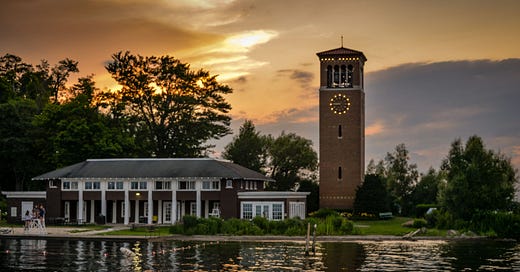



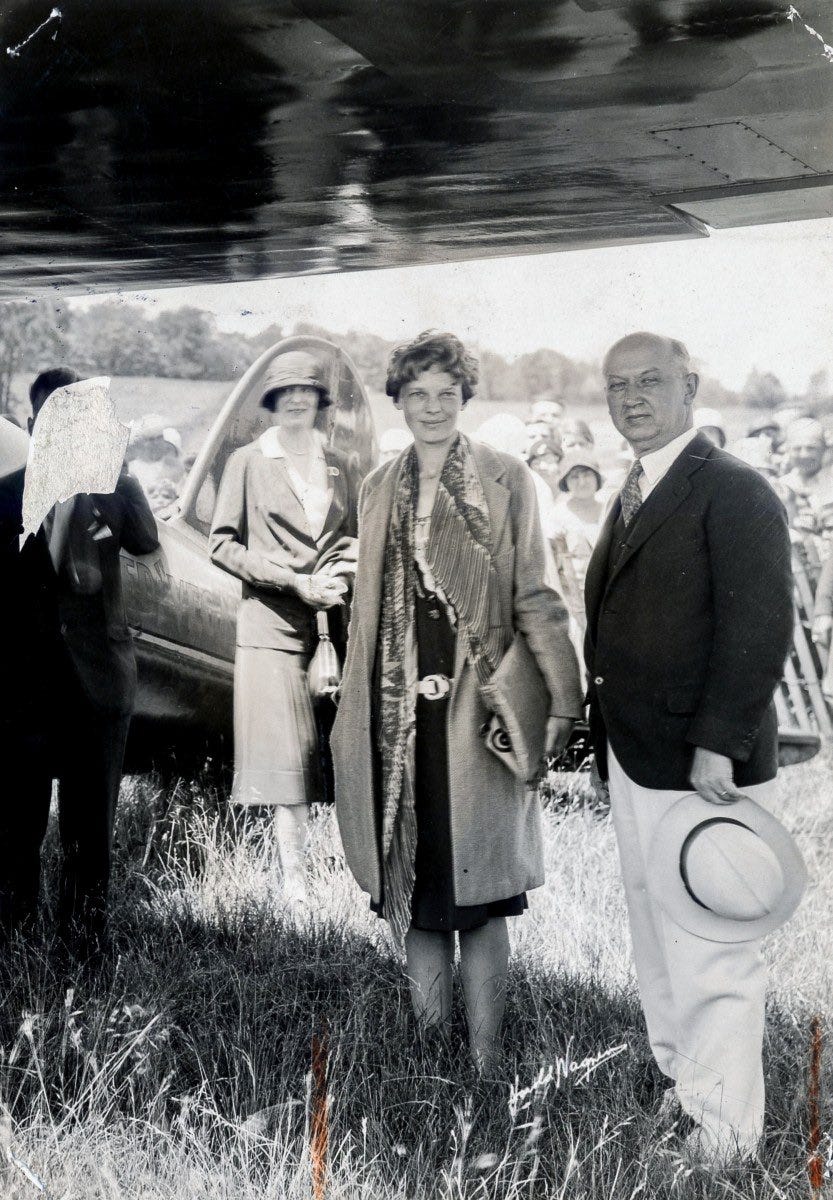
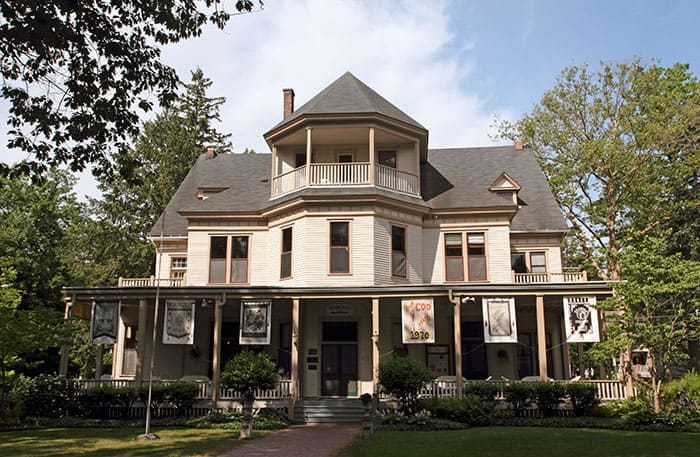
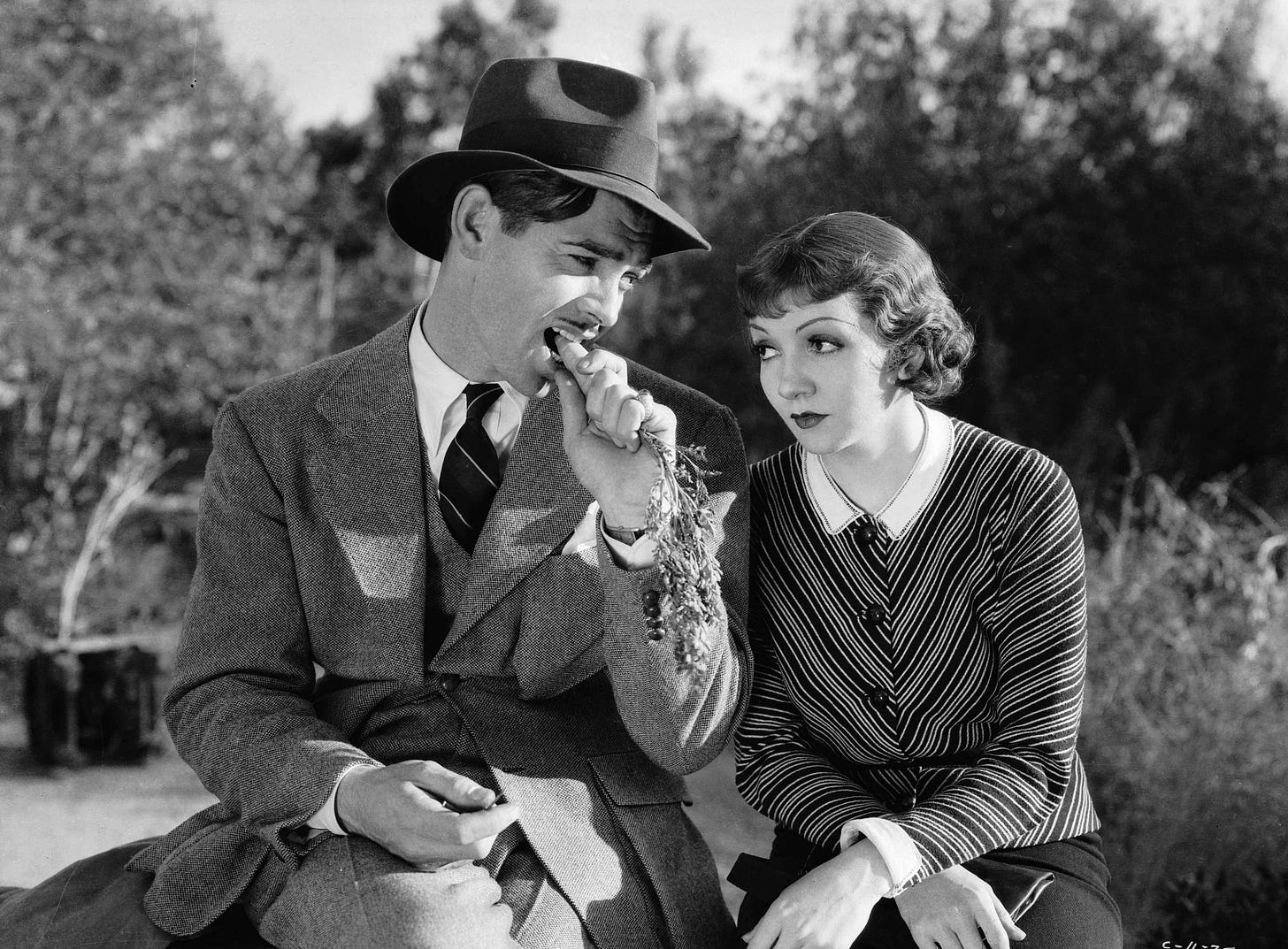
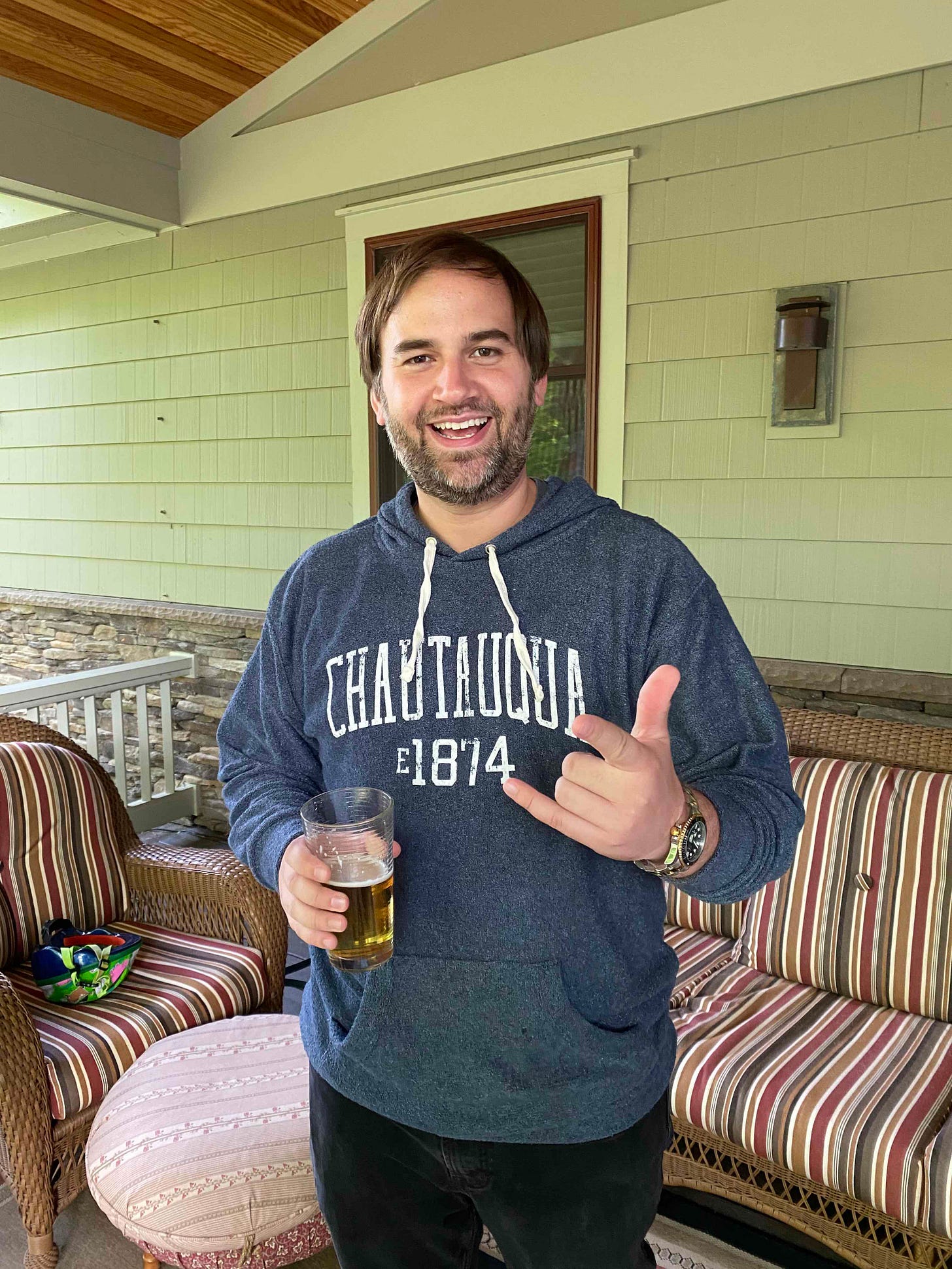
Hi Dan, I love this piece! I am a life-long Chautauquan and have the same love-hate relationship with the place that you do (or did). I spent entire summers there as a child and had a blast. Then I grew up and moved on: I visited my parents for a week or two every summer; then I had a kid and started spending 3 or 4 weeks there. (As everyone knows, it's a great place for young kids and parents of young kids.) Then my son grew up, my parents died and I am now, at 64, free to spend the entire summer there once again! But it is a LaLa land for sure! I am a fiction writer and visual artist and find the "Ground Hog Day" effect stultifying, not to mention the property taxes, the gate tickets, endless fees and troublesome politics. Every other day I want to run for the hills (instead I ride my bike on them). In short, I appreciate the honesty of your essay and your description of the emotional somersaults the place has put you through. (FYI - The drinking age was 18 when I was a teenager so we drank "properly" starting at the age of 16 at the Chautauqua Manor - Smokes - the bar in Mayville and got high under the willow trees by the lake.) For now, I'm taking it year by year and keeping my bike at the ready. Best, Mary www.mkbaileyauthor.com
PS Text me when you're at CHQ if you feel like connecting. 203 228-4360